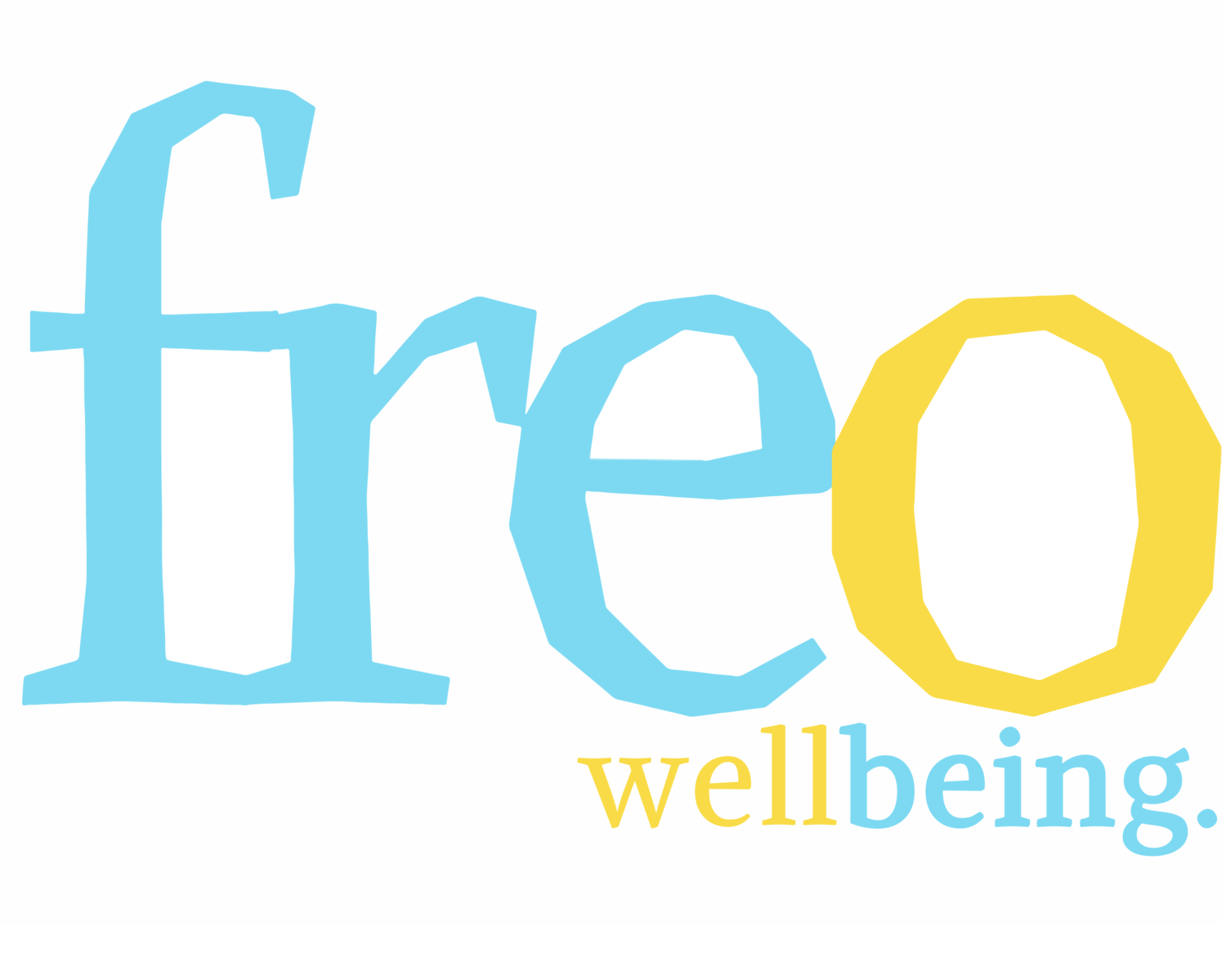PTSD
Trauma of any kind is stressful, whether mildly or in a major way. The way we all react to trauma is different too, even if we were all subjected to the same one. Everyone’s thresholds and ability to tolerate or react to a traumatic event is different, and is a result of both nature and nurture.
Definition and Symptoms
A simple definition of Post Traumatic Stress Disorder (PTSD) is any collection of adverse symptoms that people experience after a traumatic situation. These traumatic experiences could be the death of a loved one, a car accident, the break-up of a relationship, being involved in a war whether as soldiers or victims, and countless more.
Symptoms of PTSD include:
Flashbacks
Hyper vigilance
Avoidance
Paranoia
Nightmares
Anxiety, palpitations and panic attacks
Depression
Self harm
Substance misuse, including of alcohol and prescribed drugs
Aggression, irritability and/or irrational anger
Stress induced psychosis.
Any and all of these symptoms can occur in any of the situations that cause traumatic stress to people, though not necessarily everyone will have every symptom.
PTSD is much more common than we realise, and it is very possible that many of us will or are suffering from the condition in some form or another.
When we’ve been through any traumatic stressful experience, we need to acknowledge it as such and seek help so it doesn’t become entrenched and cause us to behave in ways that become harmful to ourselves and our relationships.
Seek the help you deserve. Go Freo. :)


